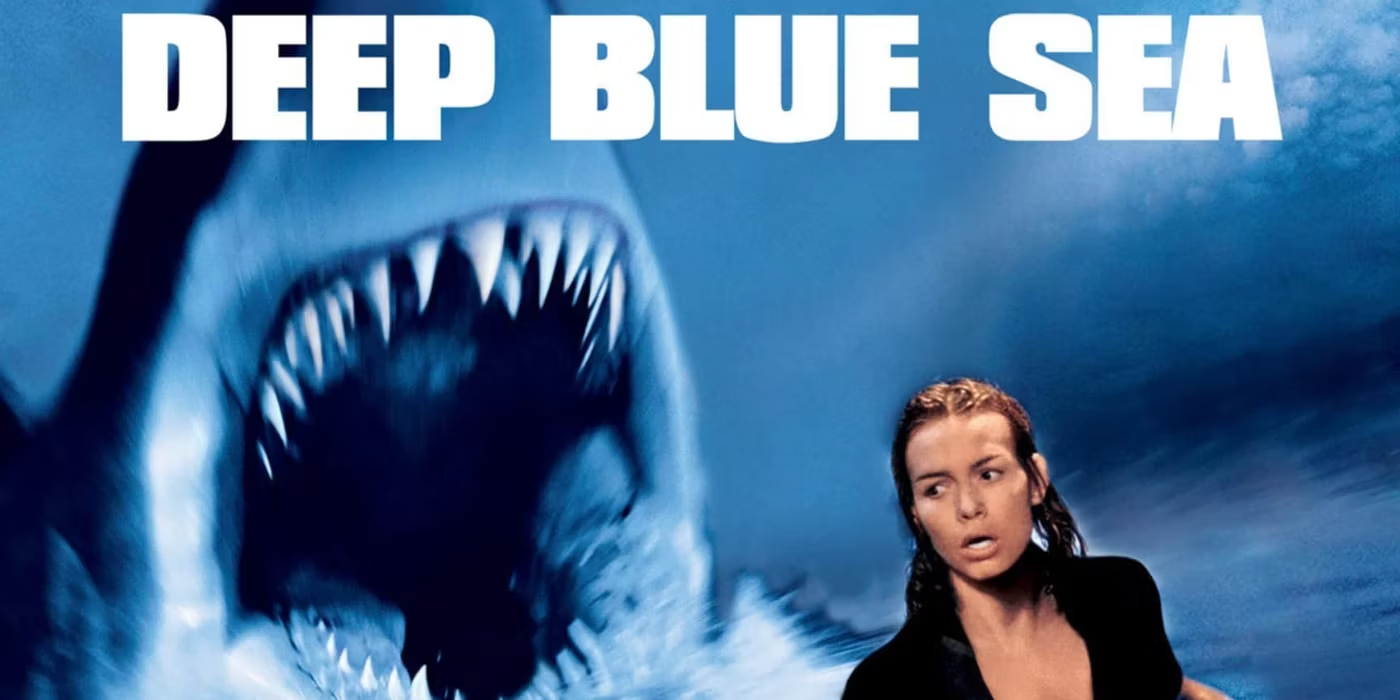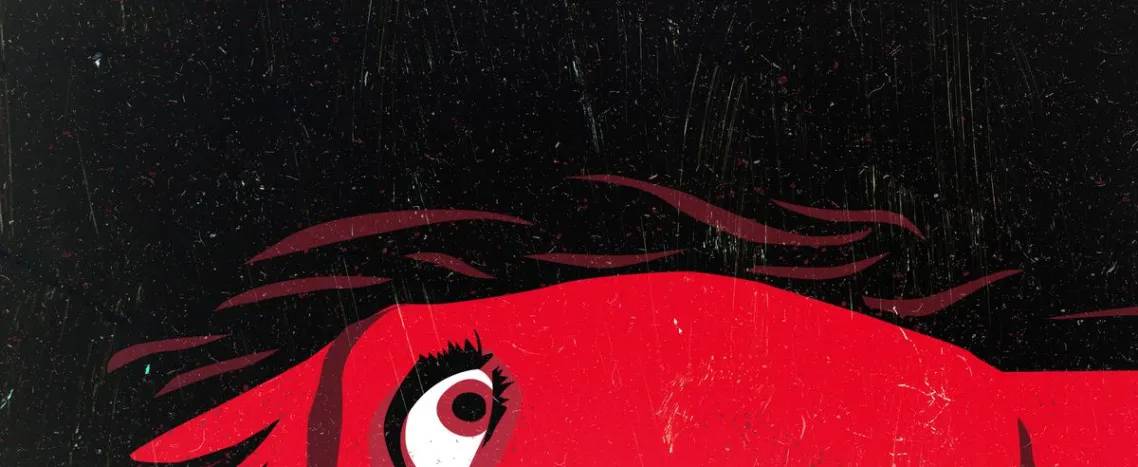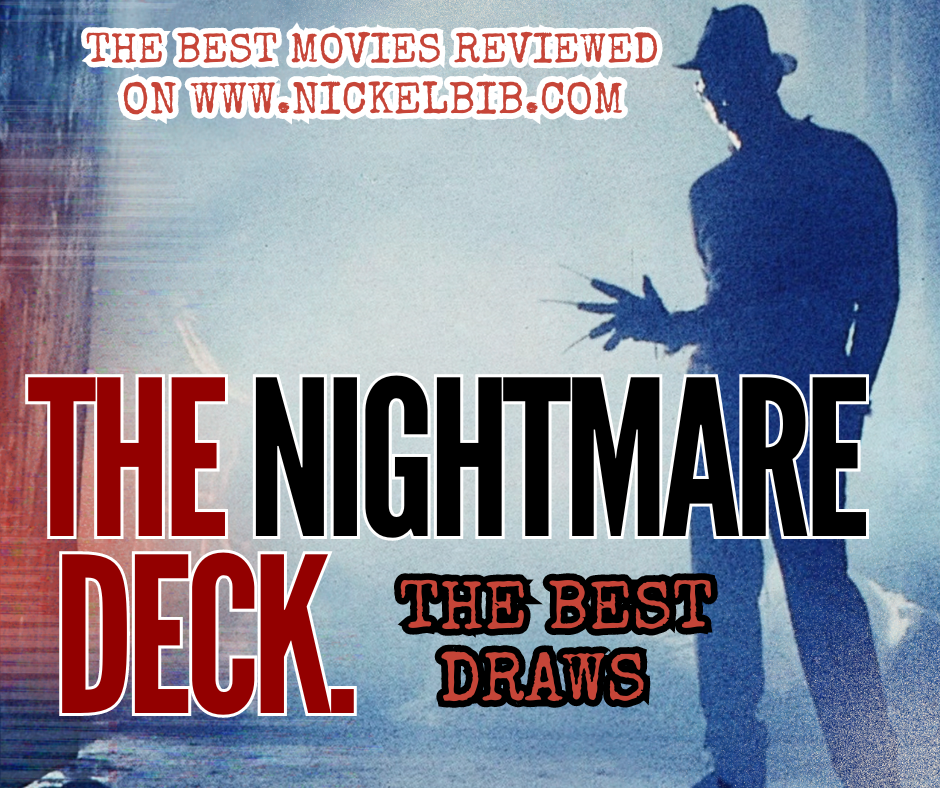As a devout fan of the slasher genre, I was looking forward to the eleventh installment in the Halloween film series, aptly titled Halloween, acting as a direct-sequel to 1978’s classic, also titled Halloween. Although the series’ story-lines and continuity are muddied and confusing to the uninitiated, I was excited when I found out this film would build from the original and disregard the rest of the series.
After Carpenter’s first film, the series went in a different direction. In Halloween 2, Laurie Strode was revealed as Michael Myers’ sister, a fact I always felt undermined the mystique and aura of the character. Halloween 3, notably, went in an entirely different direction, focusing on the Silver Shamrock organization, whereas Halloween 4 revealed Laurie Strode died in a car accident, with that film and Halloween 5 focusing on Laurie’s daughter Jamie Lloyd. Halloween 6 took a wild turn, focusing on Myers and a mysterious cult, and, by the next film, Halloween H20, it was revealed Laurie Strode faked her death and Jamie’s character was thereby retconned (but, she did have a son). In Halloween: Resurrection, Laurie Strode was killed by Michael Myers, then, Rob Zombie rebooted the series. Now, here we are, forty years later, Laurie Strode has been “un-remade,” brought back from the dead twice, and is no-longer related to Michael Myers.
Halloween is a 2018 American slasher film directed by David Gordon Green, with writing credits given to Green, Jeff Fradley, and Danny McBridge, respectively. As suggested, the film focuses on Laurie Strode and her “final” showdown with Michael Myers on Halloween night, forty years after she last escaped his killing spree. Nick Castle also reprises the role of Myers in this film, with occasional assist from stuntman James Jude Courtney. Other film stars featured in this film include Judy Greer, Andi Matichak, Will Patton, and Virgina Gardner.
I went into this film modestly excited. I was excited because I think the slasher genre has always left a lot of stones unturned, whether because of rushed productions or never having the right people involved. With that in mind, I wasn’t very excited about seeing Jamie Lee Curtis reprise her classic role and was fearful it’d be a disappointment akin to Halloween H20, where she also fought Michael Myers for a “final” showdown.
Something I’m very excited to say is that the new Halloween film is definitely a part of the series worth highlighting, and is, not only the second film to receive a positive reception from critics and audience-members alike, but a massive success at the worldwide box-office. As of this writing, Halloween is at 253 million worldwide, with a domestic total of more than both Halloween remakes and Halloween: Resurrection combined, and that’s while adjusting for inflation. Without adjusting for inflation, the new Halloween’s worldwide total is about as much as the eight original Halloween films made combined. Needless to say, theatergoers and horror-fans have spoken and affirmed the genre’s demand.
One merit bestowed in the new film’s marketing was John Carpenter’s involvement on the musical score, a fact I wasn’t at all excited about. Honestly, as talented as Carpenter is, I had my doubts that they’d shy away from the series’ iconic sound enough to warrant the excitement. In-retrospect, I was right about that initial assessment, but I do think it was more than a recycling job, and I thought they breathed some life into it, adding a pulse during the suspenseful moments and adding more dimensions and layers to the score.
As a sequel, Halloween benefits from building solely from the original film, Michael Myers’ mystique has returned, and he feels more like evil incarnate, a human shrouded by his desires for violence, than he does a supernatural monster, although aspects of that still remain.
Laurie Strode is traumatized in this film, and although there are new characters featured, front-and-center, the core of the narrative is Laurie and Michael Myers’ relationship with each-other, their history, and what Myers has meant to Laurie. Jamie Lee Curtis does well in the role, and, although I wouldn’t call it a criticism about the film itself, but, rather, a personal preference, I felt like her “fortress of solitude” was a little more over-the-top than it could have been. Certain hiccups plagued the film, certain decisions I feel could have been excluded for a tighter, more effective experience.
Scrapping the godawful scenes with Dr. Ranbir Sartain would be a good start, and I’m also a stickler for tonally inconsistent comedic relief. The cinematography and the approach yearn for a darker, unflinching tone, and I wish it would have played it straight and not have sabotaged itself as often as it did.
Like the first Halloween, with the 2018 film, I think a lot of what I like about this new film is in-retrospect, rather than what I feel from my experience with it as a film. With the original, I think about the mystery shrouding Michael Myers and how it’s difficult to know what goes on behind ones’ eyes. The idea someone could madly go on a killing spree without rhyme or reason isn’t a hypothetical, but something that often occurs.
Laurie Strode wasn’t targeted for any reason (til Halloween II), and that intrigued me, the idea that if no one would’ve been home that night, Laurie Strode would’ve never met the “William Shatner” masked madman, and he would’ve simply found someone else. In this film, it builds from that train-of-thought. Michael Myers is back on a killing spree and although Laurie’s physical wounds have long healed, the trauma and inner turmoil remains. However, Michael Myers doesn’t look like he is harboring any grudges, it feels like business as usual, a one-sided relationship where Laurie is tormented by Myers and Myers is unaffected. This isn’t necessarily what I think was always portrayed in the film, but what I left the theater thinking about.
In the end, is 2018’s iteration of Halloween a return-to-form for the series? I think I’d call that a fair assessment. It doesn’t break any major molds as a slasher film, purposing trodden paths and through technique and execution, making them feel like walks worth taking again. Where it ranks with the rest of the series is something I’ll need to investigate before I make any declarative statements, but, if nothing else, I can’t think of a better slasher film in the current decade.





